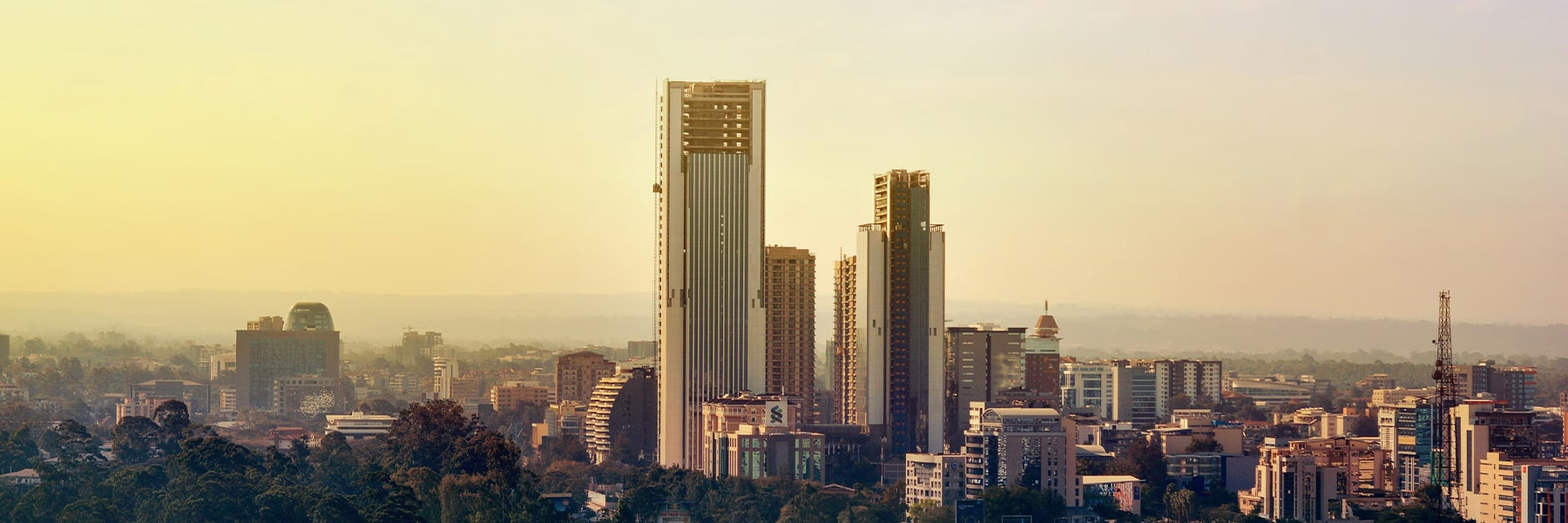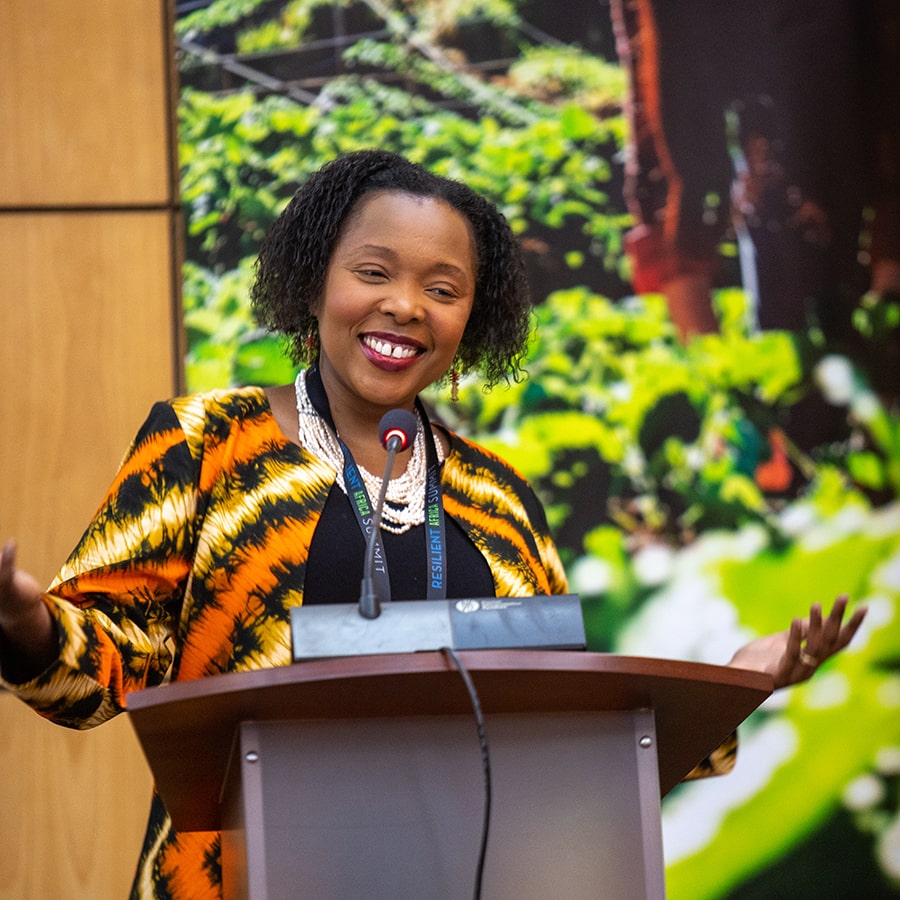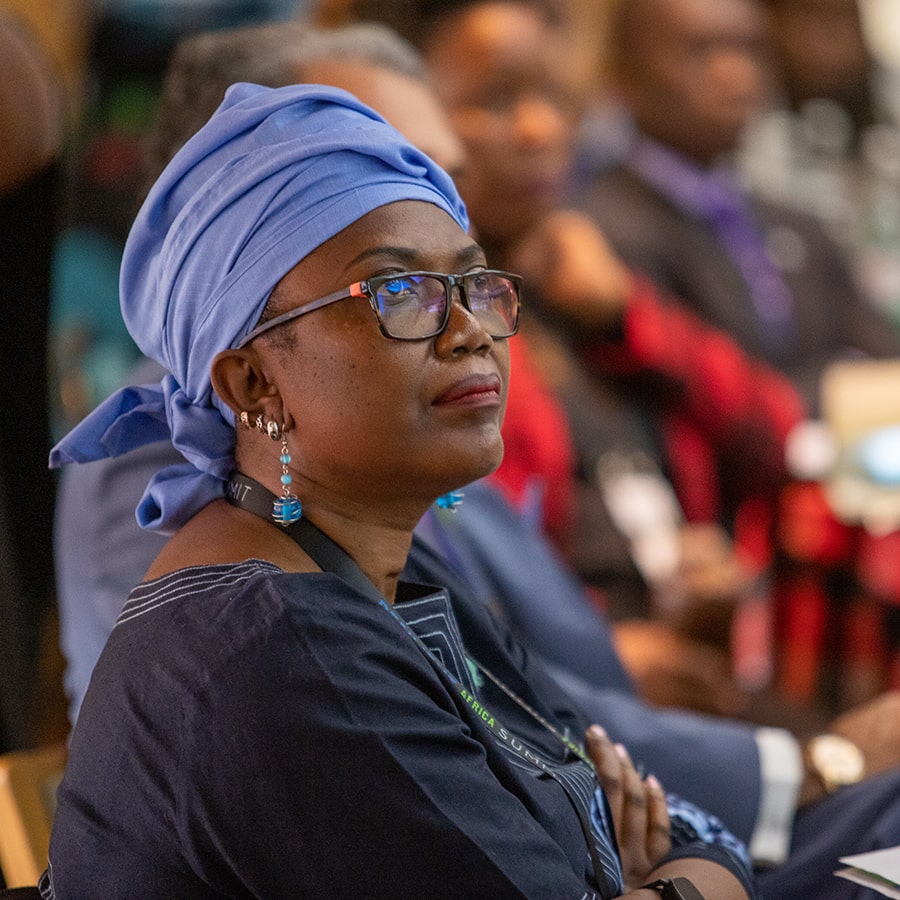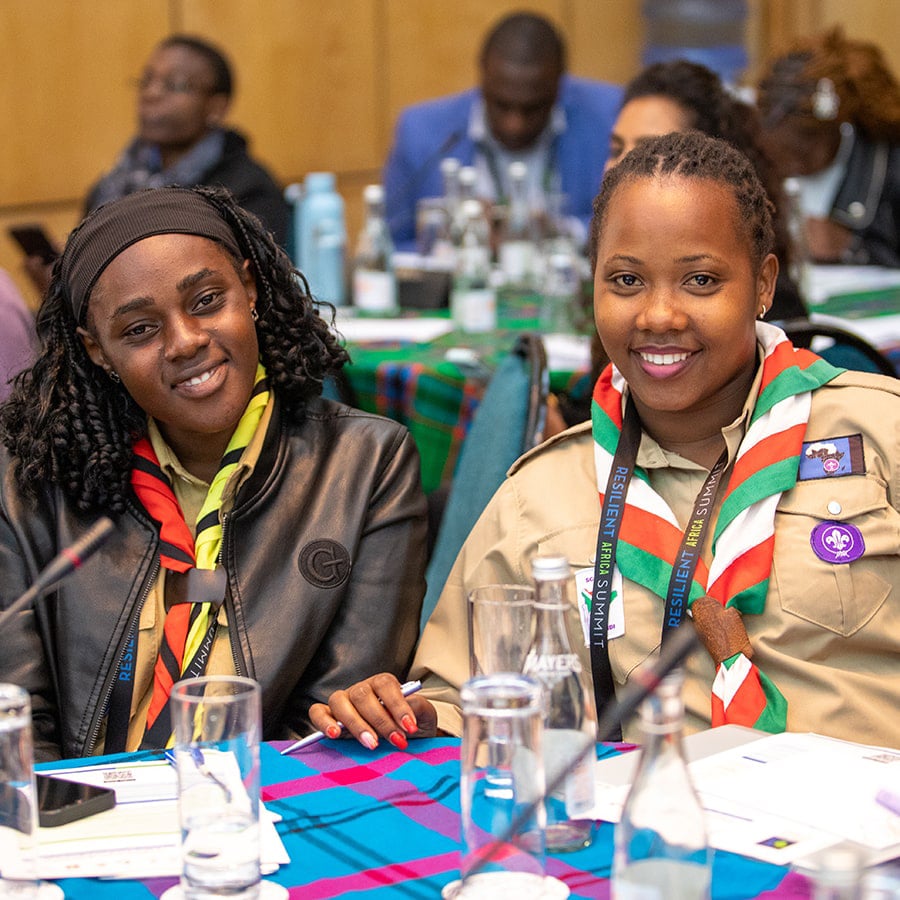From Climate Crisis to Climate Resilience in Africa at Local and Regional Levels
Nairobi, Kenya
June 30 – July 1, 2025
We, the co-organizers of the Regional Conference "From Climate Crisis to Climate Resilience in Africa at Local and Regional Levels," convened in Nairobi, Kenya, from June 30 to July 1, 2025, under the auspices of the Pontifical Academies of Sciences and Social Sciences, in partnership with CIFOR-ICRAF, NASAC, and African stakeholders, affirm our commitments to contribute to building a climate-resilient Africa, noting that we relate to diverse stakeholder communities.
This Conference builds upon and refers to foundations laid by African initiatives and action plans, such as the 2023 African Climate Summit, and the Africa Youth Climate Assembly Declaration. It connects to climate ethics and planetary stewardship, as articulated by the Pontifical Academies in the Vatican, and it adds a critical dimension: elevating resilience through Mitigation, Adaptation, and Societal Transformation (MAST), with an emphasis on locally-led actions and systemic change.
We emphasize Africa's disproportionate vulnerability to climate change, despite its minimal contribution to global greenhouse gas emissions. In light of this, we reiterate the urgency of placing climate resilience—particularly at local and regional levels—at the heart of Africa’s climate agenda.
Summit Themes
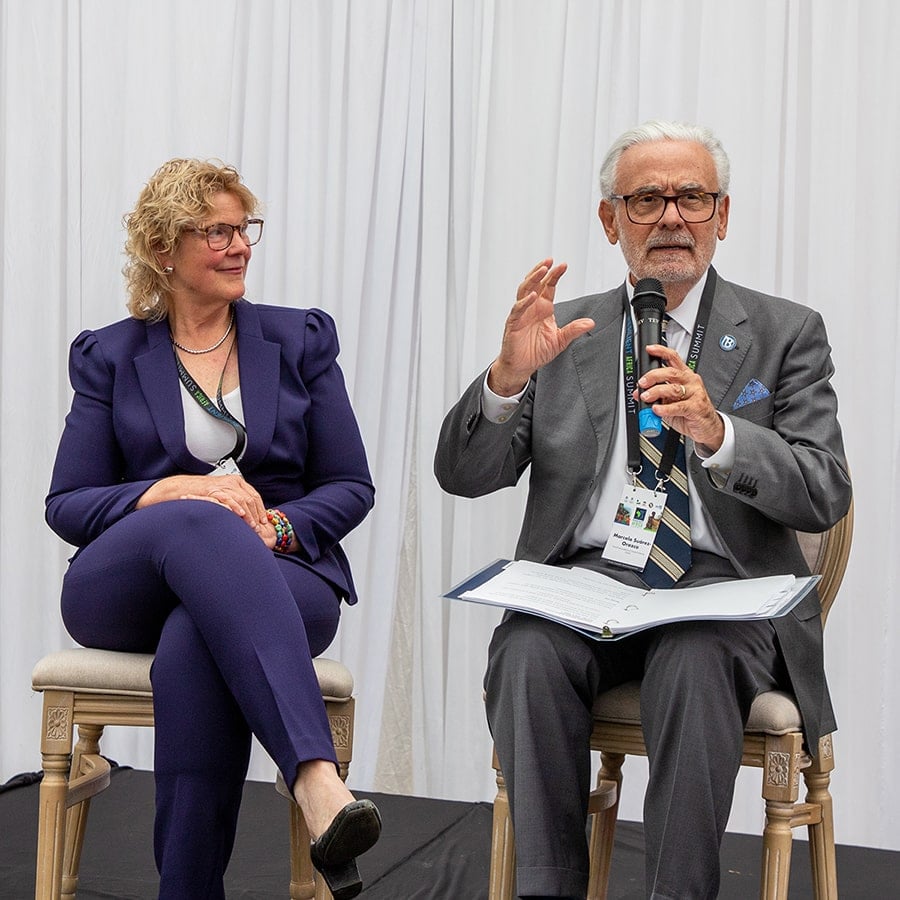
Additional Summit Themes
- Youth Engagement
- Regional Collaboration
- Civil Society and Episcopal Conference Engagement
MAST Strategy
The MAST strategy, articulated in the Planetary Call to Action for Climate Change Resilience, emphasizes Mitigation, Adaptation, and Societal Transformation. We need to complement mitigation with adaptation to cope with the additional heating of the planet in the coming decades. To survive mitigation needs to be complemented by adaptation and societal transformation to evolve into a sustainable way of living.
We must broaden the current approach of a dominant focus on Mitigation to climate resilience. Resilience consists of the following actions:
- Anticipate threats and risks
- Prepare for threats and risks
- Respond to threats and risks
- Recover and Rebound from threats and risks
Strategic Orientations
Local Leadership and Decentralized Governance
The participation of mayors, governors, and local leaders from urban and rural constituencies reaffirmed the central role of decentralized governance in operationalizing climate resilience. Cities and subnational governments must be empowered with finance, capacity, and decision-making authority to deliver tailored resilience plans and policies.
Youth as Agents of Transformation
We commend the active engagement of Africa’s youth throughout this Conference. The Youth MAST Dialogues provided a vital space for intergenerational exchange and bold calls to action. Youth must not only be included—they must be co-leaders in shaping and implementing resilience solutions at all levels.
Science, Policy & Community Synergies
The Conference benefited from strong contributions from African academies of science, research organizations, Indigenous knowledge holders, and religious communities. We reaffirm that climate resilience must be informed by robust science, inclusive policy dialogues, and bottom-up community engagement.
Faith-Based and Civil Society Engagement
The engagement of regional faith leaders and civil society actors enriched our deliberations. Inspired by Pope Francis’ May 2024 call for a Universal Protocol of Resilience, we echo his appeal for ethical urgency, social justice, and planetary care. Faith-based institutions are uniquely positioned to mobilize moral will and community-based resilience.
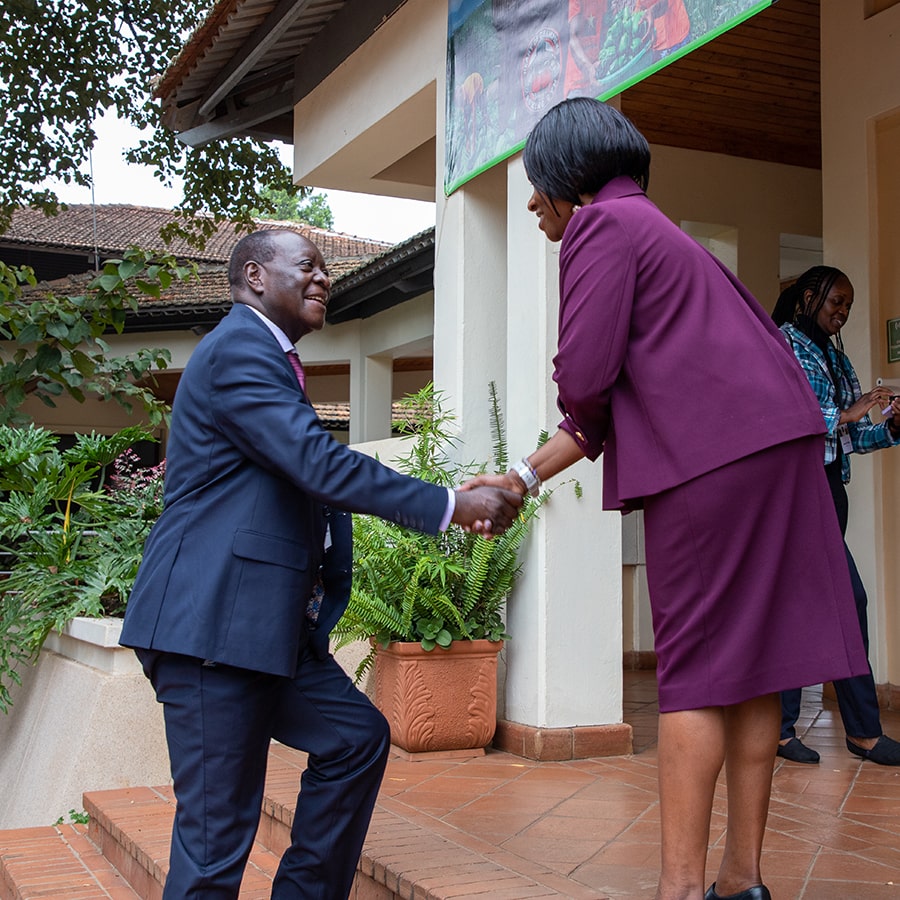
From Climate Crisis to Climate Resilience in Africa at Local and Regional Levels
The Pontifical Academy of Sciences, formed a new initiative on Climate Resilience and brought researchers, policy makers and faith leaders together in May 2024 to understand the scientific and societal challenges of climate change and recommend solutions for resilient people and resilient ecosystems. The ResilientAfrica summit is the third of 8-10 summits being planned around the world in 2025.
Looking Forward: Africa’s Call to Action for COP30
As Africa prepares to speak with one voice at COP30 in Brazil, this Conference calls to:
- Increase climate finance to support locally-led adaptation and resilience;
- Promote the adoption of a Universal Protocol for Resilience, rooted in justice, science, and solidarity;
- Establish a Pan-African Resilience Alliance, that includes cities, youth, academia, faith-based organizations, and civil society;
- Ensure youth are formally included in all regional and global climate negotiations, including COP30 and beyond.
From Nairobi to the world, we commit to a new era of climate action anchored in resilience, rooted in Africa’s realities, and powered by its people. Let this Nairobi Conference mark the beginning of an African-led, globally supported movement for resilient futures for all.




